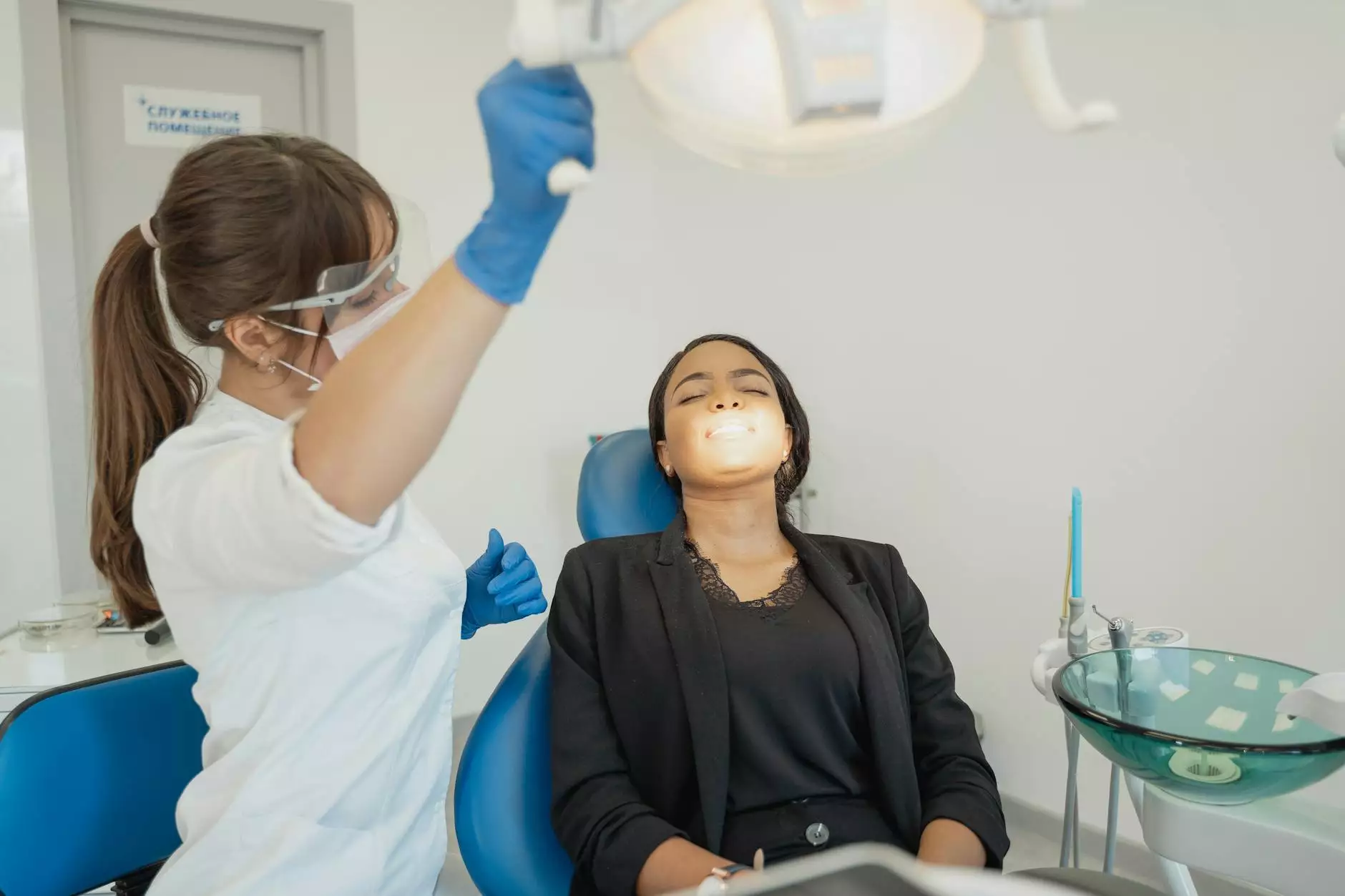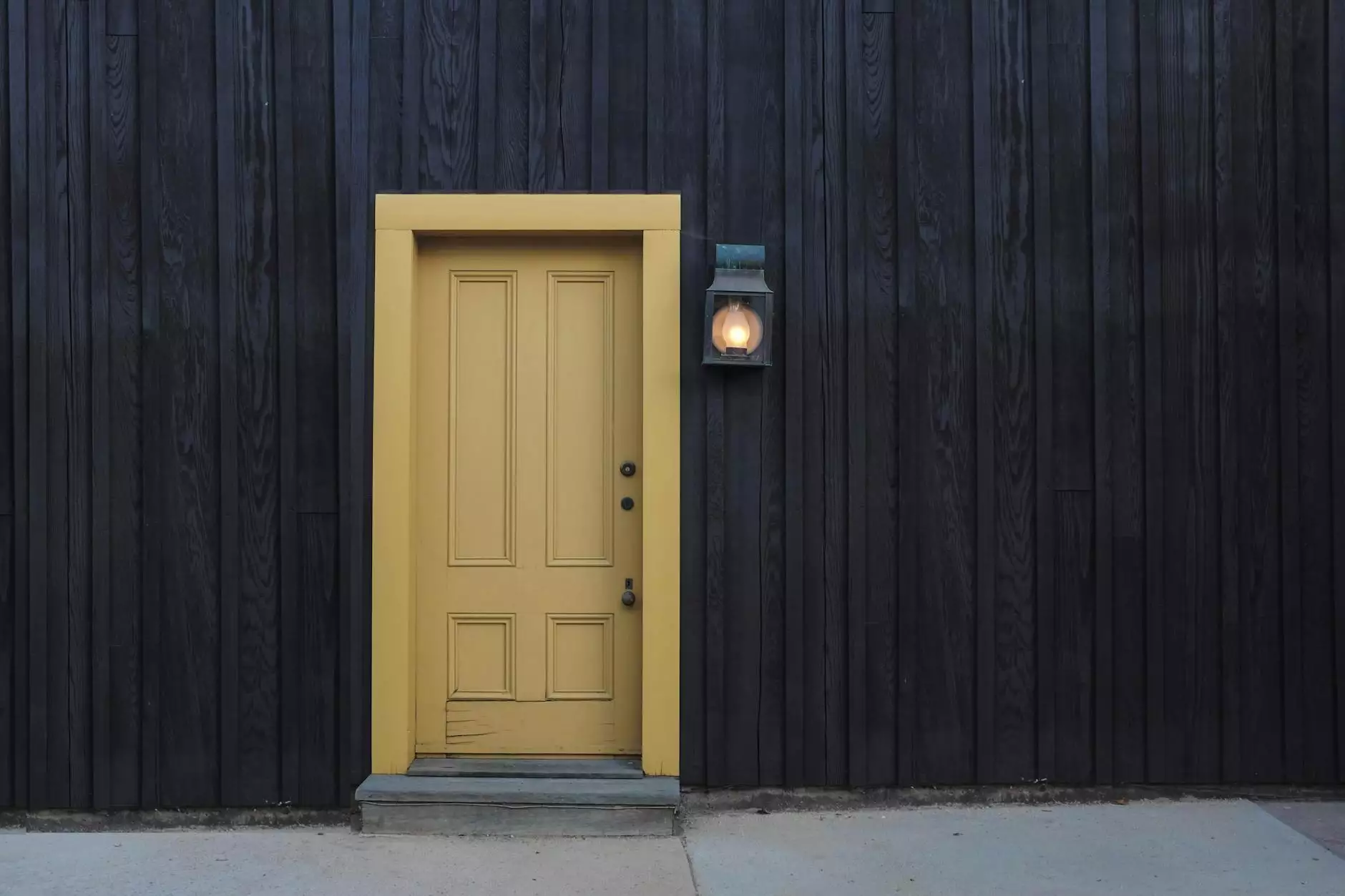Bridges and Dentures: Transforming Smiles, Enhancing Lives

Bridges and dentures play a crucial role in modern dentistry, offering solutions that effectively address tooth loss and help maintain oral health. With advancements in dental technology, these restorative options not only enhance physical appearance but also significantly improve a person's quality of life. In this comprehensive guide, we will dive deep into the world of bridges and dentures, exploring their importance, the different types available, and essential care tips that can help you maintain your dental prosthetics for years to come.
Understanding Tooth Loss: Why Bridges and Dentures Matter
Tooth loss can occur due to various reasons, including periodontal disease, decay, or injury. When teeth are lost, it can lead to several complications, such as:
- Shift in Remaining Teeth: Spaces left by missing teeth can cause adjacent teeth to shift out of alignment, affecting bite and jaw health.
- Bone Loss: The jawbone can deteriorate over time when teeth are missing, leading to additional tooth loss and changes in facial structure.
- Difficulty Eating and Speaking: Missing teeth can impair a person's ability to chew food properly and can alter speech patterns.
Bridges and dentures serve as effective replacements for missing teeth, helping to restore function, prevent further dental issues, and improve overall self-esteem.
What are Dental Bridges?
A dental bridge is a fixed prosthesis used to replace one or more missing teeth by anchoring onto the adjacent teeth or implants. This restoration fills the gap in your smile effectively and can significantly enhance your ability to chew and speak properly.
Types of Dental Bridges
There are several types of bridges, each designed to meet different needs:
- Traditional Bridge: This is the most common type, which involves creating crowns for the teeth on either side of the missing tooth (or teeth) and placing a false tooth in between.
- Cantilever Bridge: This type is used when there are adjacent teeth on only one side of the missing tooth. It relies on a crown on one side to support the bridge.
- Maryland Bridge: Also known as a resin-bonded bridge, this option features a false tooth attached to a metal framework that is bonded to the back of the adjacent teeth.
- Implant-Supported Bridge: This uses dental implants for support. It is a more stable and durable option, suitable for patients who have several missing teeth.
The Benefits of Dental Bridges
Choosing a dental bridge has numerous benefits, including:
- Improved Aesthetics: Bridges can restore your smile and enhance facial appearance, giving you more confidence.
- Restoration of Function: They enable effective chewing and speaking, improving overall quality of life.
- Prevention of Teeth Shifting: By filling the gaps, bridges help keep your remaining teeth in their proper positions.
- Long-lasting Solution: With proper care, dental bridges can last for many years, making them a worthwhile investment.
What are Dentures?
Dentures are removable prosthetic devices used to replace missing teeth. They are custom-made to fit comfortably in the mouth and can restore both functionality and aesthetics.
Types of Dentures
There are two main types of dentures:
- Complete Dentures: These are used when all teeth in either the upper or lower jaw are missing.
- Partial Dentures: This type is used when some natural teeth remain. Partial dentures are anchored to resting teeth for stability.
The Benefits of Dentures
Dentures offer many advantages, such as:
- Enhanced Appearance: Dentures can significantly improve your smile and facial structure.
- Restored Functionality: They allow for improved chewing and speaking abilities.
- Easy to Clean: Removable dentures can be easily cleaned and maintained, promoting better oral health.
- Cost-Effective: Dentures can be a more affordable option compared to some dental implants, making them accessible to a wider range of people.
Choosing Between Bridges and Dentures
The choice between bridges and dentures depends on various factors, including:
- Your Dental Health: The condition of your remaining teeth and gums may determine which option is more suitable.
- Number of Missing Teeth: How many teeth are missing and their locations can influence your decision.
- Budget: Cost can be a significant factor; discussing financial options with your dentist is essential.
- Personal Preference: Each person’s lifestyle and preferences will also play a role in this decision.
Consulting with a qualified dentist is crucial in making an informed choice about which restoration method, either bridges and dentures, is best for your specific needs.
Care and Maintenance of Bridges and Dentures
Proper care and maintenance are key to ensuring the longevity and functionality of both bridges and dentures. Here are essential tips for keeping these dental prosthetics in top shape:
Care for Dental Bridges
- Oral Hygiene: Maintain excellent oral hygiene by brushing twice a day and flossing daily around the bridge.
- Regular Dental Visits: Schedule regular appointments with your dentist to monitor the condition of your bridge and overall dental health.
- Diet Considerations: Avoid hard or sticky foods that could damage the bridge.
Care for Dentures
- Daily Cleaning: Clean your dentures daily with a denture cleaner or mild soap and water.
- Soaking: When not in use, store dentures in a denture solution to keep them moist and prevent warping.
- Regular Dental Checkups: Visit your dentist regularly to check the fit and condition of your dentures.
Conclusion: The Importance of Bridges and Dentures in Dental Health
In conclusion, bridges and dentures are invaluable tools in modern dentistry that significantly improve the quality of life for individuals with missing teeth. Whether you opt for a bridge, which offers a fixed solution, or dentures, which provide a removable option, both can restore your smile, enhance functionality, and maintain oral health. By understanding the types available, their benefits, and the proper care techniques, you can make informed decisions that positively impact your dental journey.
For personalized advice and treatment options tailored to your needs, visit edwardbyrne.com today and take the first step towards achieving a healthier and more beautiful smile.









